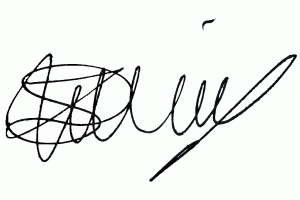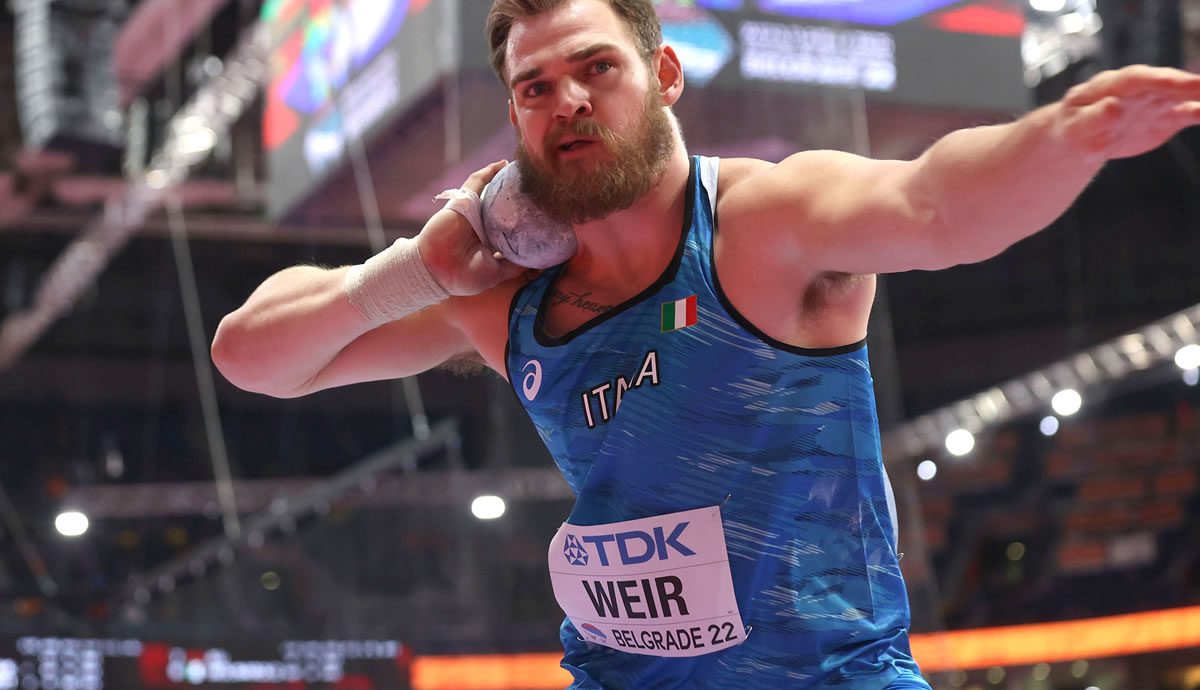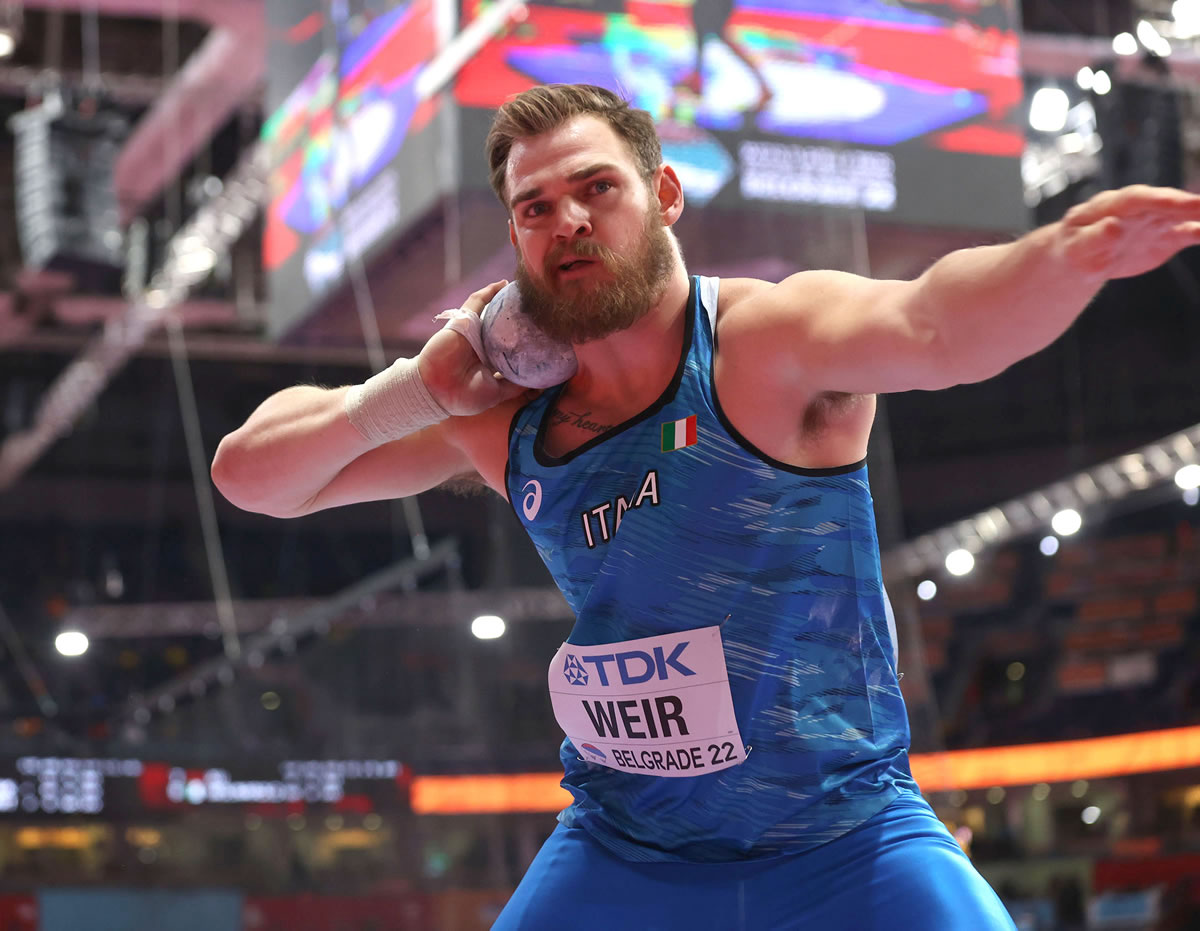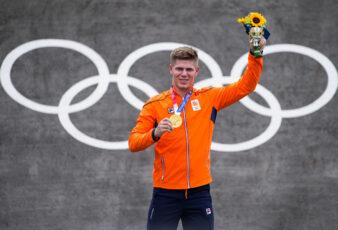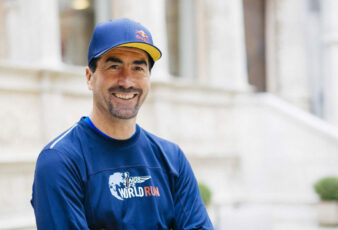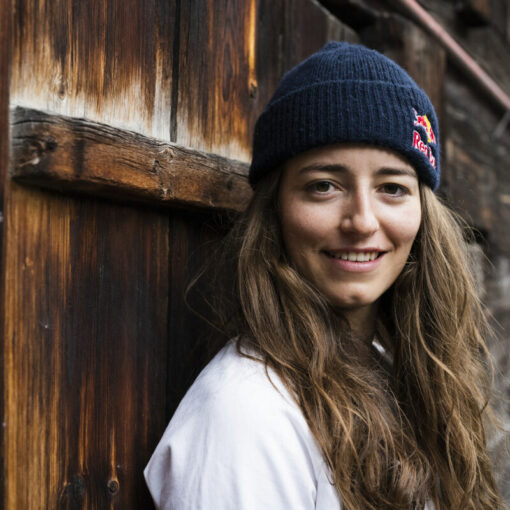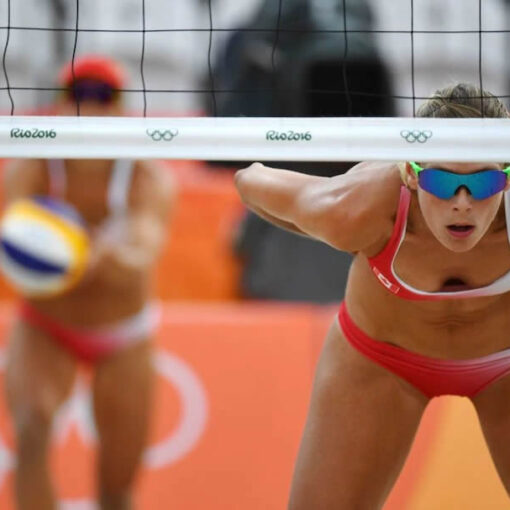The human brain develops 80% of its volume during the first two years of life, letting your first 24 months on Earth determine much of the character you will have in the future.
Everything takes shape there, before you are even able to walk and speak.
While you still depend on the affection of others, even before you know that you exist.
Anyone, anywhere, has almost no control over what surrounds him in that phase of growth, and to determine where you come in the World is a simple lottery, in which everyone is a spectator.
Almost.
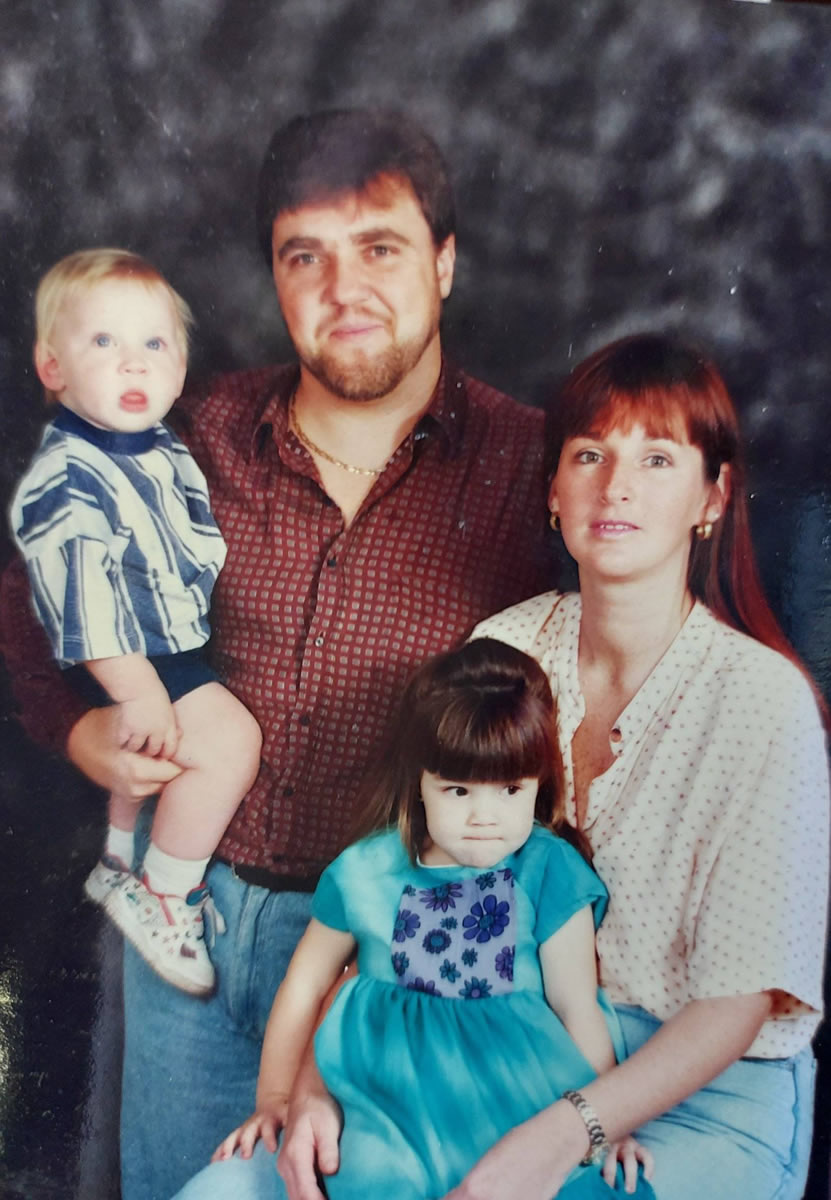
I grew up in a virtuous environment, one that is increasingly difficult to find.
I remember the Sunday afternoons spent in our small apartment in South Africa, with my mom in the kitchen, my dad on the grill and my sister and I playing.
Music was always chosen by my dad, with a well-defined predilection for the soft-rock of the 80s, like Dire Straits. Still today, when I hear the first notes of "Sultans of swing" play on the radio something inside my stomach moves and I feel like a child again.
We weren't a rich family.
We weren’t a poor family.
Happy they are and happy we are: we were just a family, at a time when having children was not yet a mathematical account, or an economic evaluation to be balanced with caution.
I believe that my father and my mother were part of the last generation in the Western side of the World to feel the need to become parents as a simple consequence of being alive and loving each other. For the desire to move forward and find out what would come next. We grew up in an environment whose mantra was: "if you want to do something to improve the lives of others, go home and love your family", with that feeling, we filled our lungs.
Back then our only concern was to find out as soon as possible what would be on the menu for the next meal, and that was fine.
Nothing more.
Nothing less.
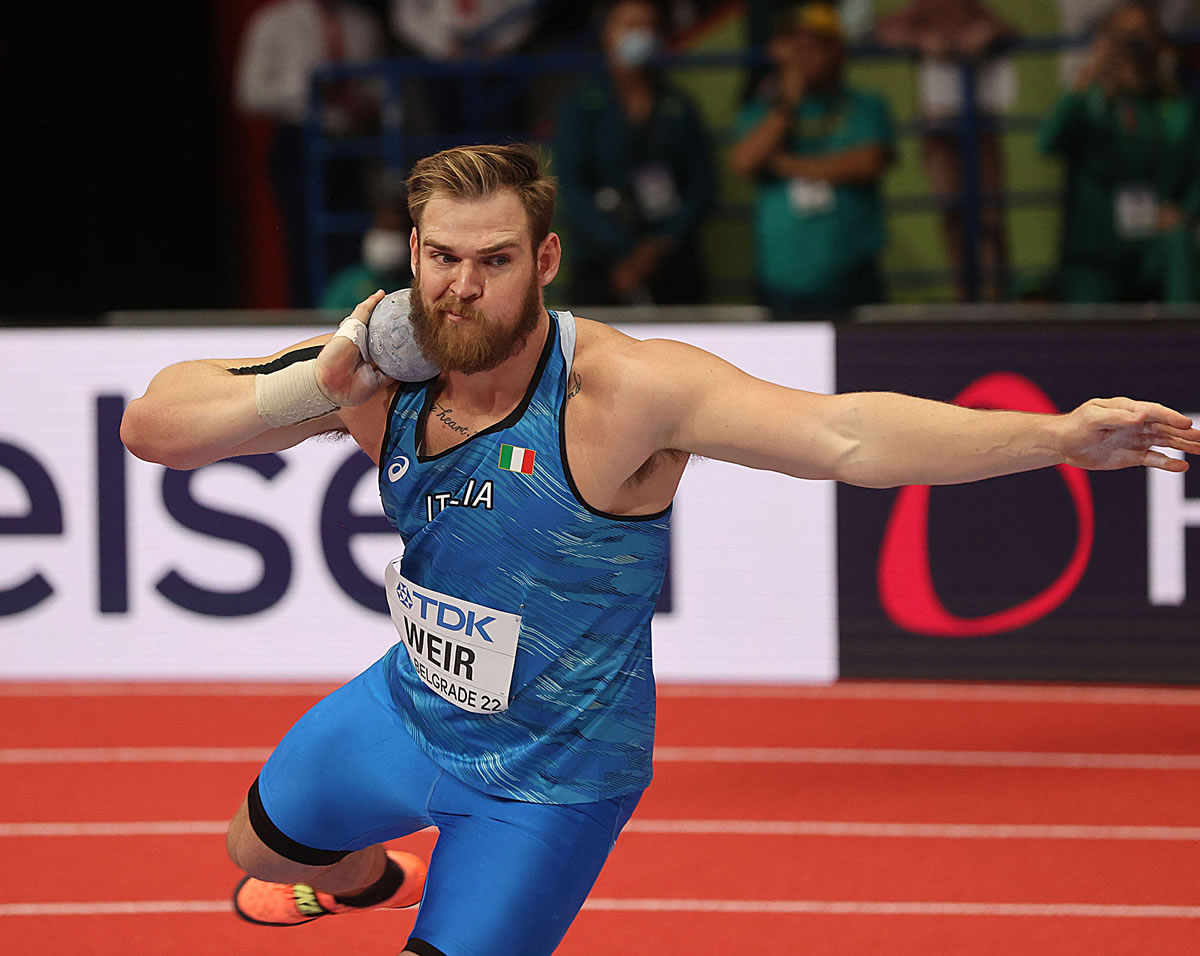
© Colombo
In the span of about 5 miles, lived 5 or 6 different groups of our family, forming a city within the city: a place of our own that came to life on weekends, almost by magic.
That was not the "Italian side" of my family, but after living in Italy I now see that our habits of the time were very similar to that of Italian culture, always worried about having put enough food on the table to satisfy guests and, above all, relatives.
“Bring and share”: that's what we called it.
Everyone cooked something and brought it to the house of whoever hosted the big weekly gathering, turning each evening into a kind of off-season Christmas party.
Maybe that's why I've never had so many friends: that large group was enough to satisfy all my needs as a child.
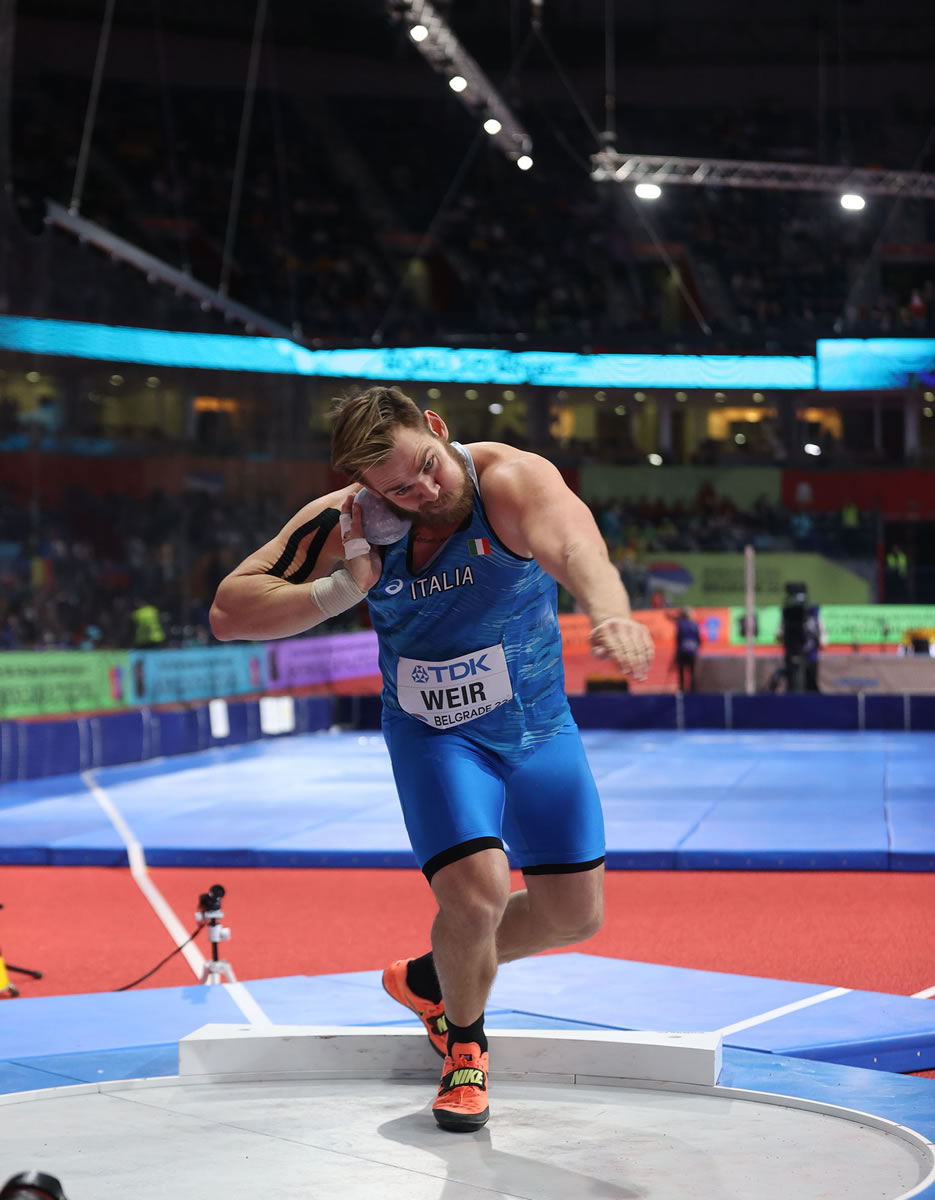
© Colombo
Satisfying my needs was not going to be easy at all, I've always had an iron will.
I was a "strong willed child", as they say in my country.
Things had to be done always and only my way, otherwise I would get upset and become intractable. I wasn’t spoiled, or arrogant: In reflection I now believe my will to have been a relentless desire for control. A tool to exercise my thoughts on what was about to happen to me, and to me alone.
Once, my grandmother, fully aware of the hard character that I had inherited, said to my mother: "discipline him, but don't break his spirit" and that phrase stayed with me, first because I could not understand it, then because it had been the words that perfectly defined my life. She recognized the beautiful power in what was often misinterpreted as mischief, which was the strength of character to rebuke that which is not aligned with my values.
Even today, when I meet someone who had only known me as a child, the reaction I most often receive is a sincere amazement at having become so kind, despite my early display of difficulty.
And for that, of course, I have to thank my parents.
My parents and sport.
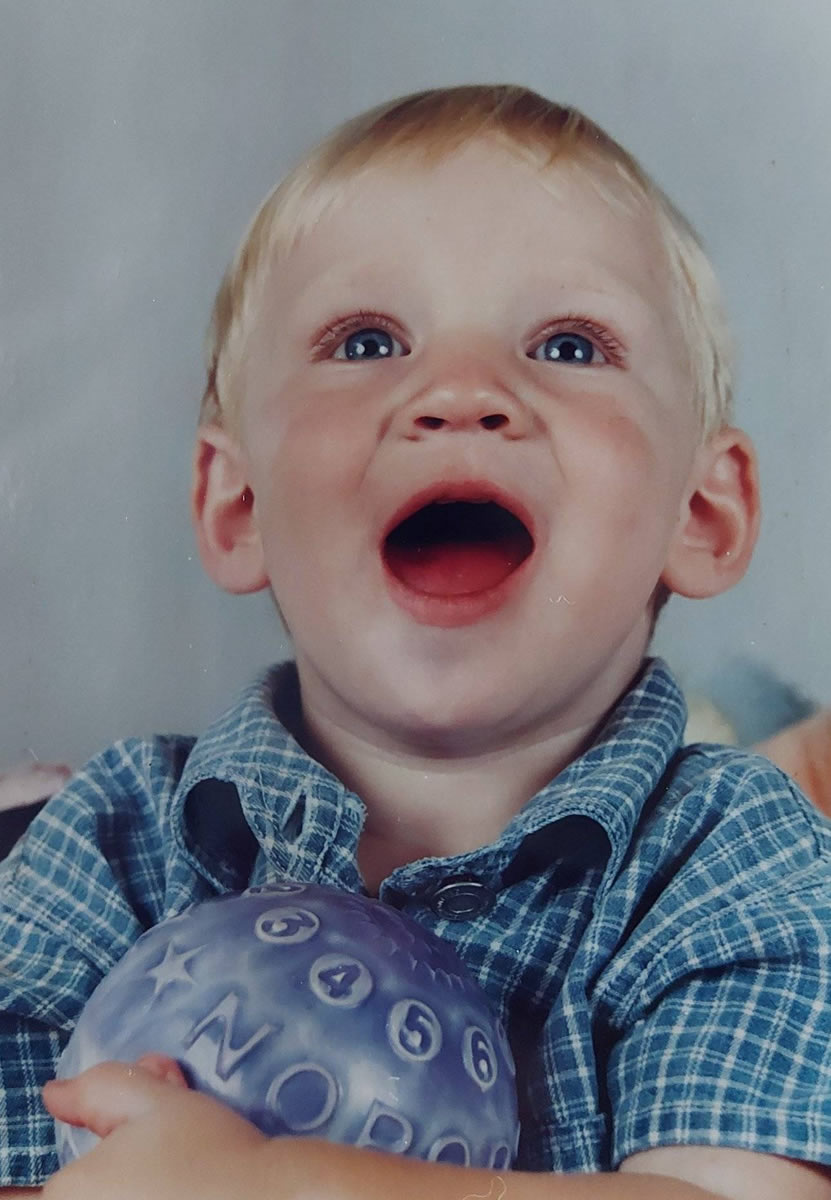
Sport is so deeply embedded in South African culture that its story is difficult to separate from the stages of any teenager's life.
I have tried almost every sport, discovering that I am fortunate to have a combination of characteristics that are advantageous for many of them.
The benefits of sports are virtually infinite, if you know how to look for them.
There are the objective advantages, those concerning balance, biomechanics, coordination, muscle development and overall health. And then there are all the social qualities that sport can convey, if lived in the right way.
A microcosm of life itself, sport is a real-time simulation of the dynamics of the world, which I believe accelerates the processes of understanding, enhances the most pronounced notes of character, and puts a strain on the emptiness of our being.
Sport has kept me safe from bullying by always allowing me to be on the "popular" side of the school population. It also gave me the experiences to understand the difference between how I look and what I am capable of doing and that my shape and size is only a small part of who I am.
Sport has defined me, giving direction to my stubbornness as a child, and transforming it into the will of an adult who also understands its limits. When understood and channeled correctly, stubbornness is a wonderful characteristic that forces you to be uncompromising on your values and beliefs, a large reason as to why I transformed from a nobody in the sport to an Olympic finalist.
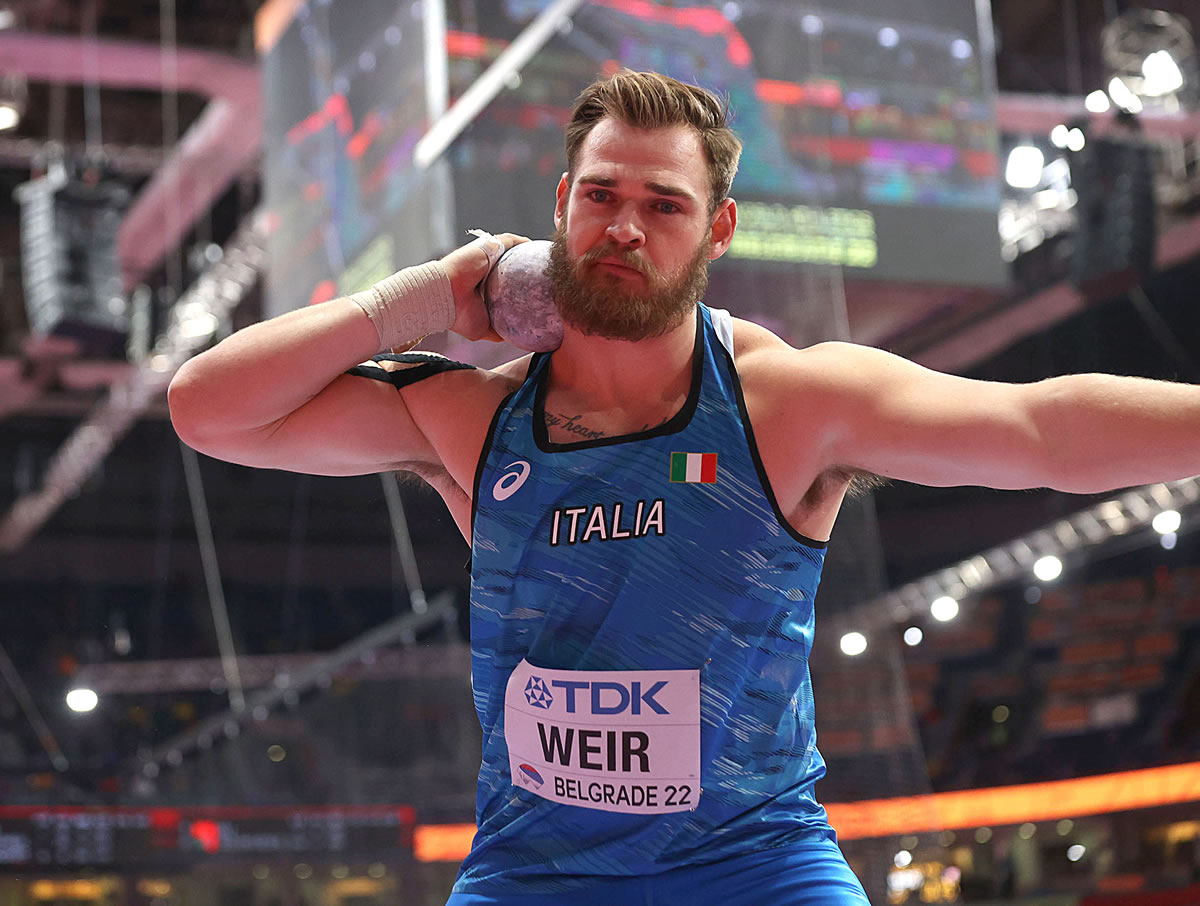
© Colombo
From the age of seven onwards, up to university, which was the first time I found myself alone, at full speed, free to do literally anything with my life, sport was the main tool I had to get to know myself and therefore others.
My "strong will" hit the structure of sport against its foundations, learning by osmosis, and sometimes by mistake, that the desire to impose yourself is certainly not enough in a competitive environment.
It doesn't have to be enough, not in a place that belongs to everyone.
It has been a long journey, which has smoothed my corners, while keeping intact who I am. A constant growth, in which I gradually understood that when you have an unrefined strong will, it is not only you who suffers, but more those you inflict it upon.
When I got old enough to see myself in the third person, I learned to use the hardships of my spirit to become a better athlete and man, and no longer to satisfy my childhood ego.
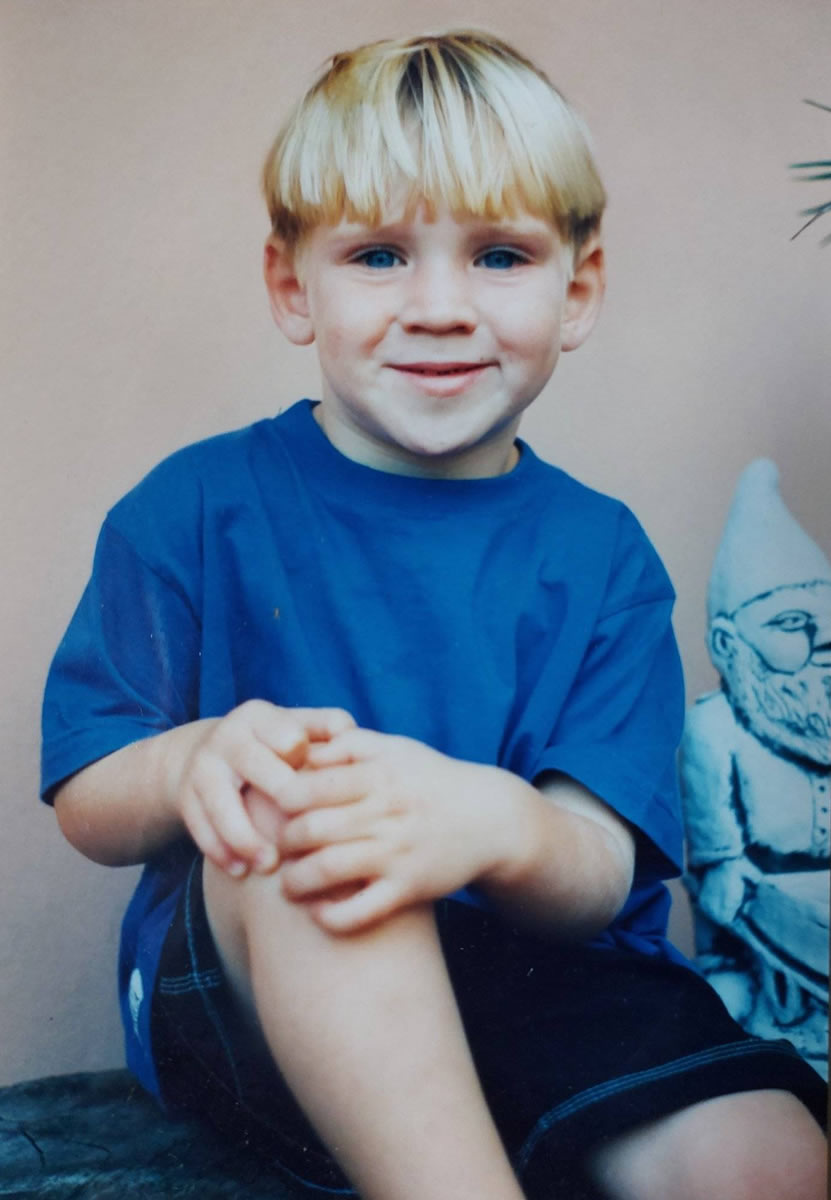
In the end, for me, I chose shot put, which is a strange discipline, in its obsessive repetitiveness, especially when compared to the dynamism of some of the other sports I was successful at, like rugby for example.
By choosing this sport I went from being "the big and thick one" to being the smallest of the lot, which made me draw from the psychological lessons that I had developed over years of experimentation, hard work and play.
Shot put taught me that the body is not just a shell to be observed, or according to some, something to be judged by its performance and appearance. The body is a machine of infinite hidden capabilities. A tool of doing, a spiritual vehicle which through the small daily successes of sport can give a new value to existence, and a meaning to the challenges it poses, not least that of living with it’s perfect imperfection every single day, whether it's sunny or not.
Sport is like life, and life is like art: not everything is understandable to everyone, but when pursued in humble honesty, someone will feel like it’s theirs, because in every market there is always room for honesty. Honesty is an integral part of character and character is bigger than sport.
Zane Weir / Contributor
